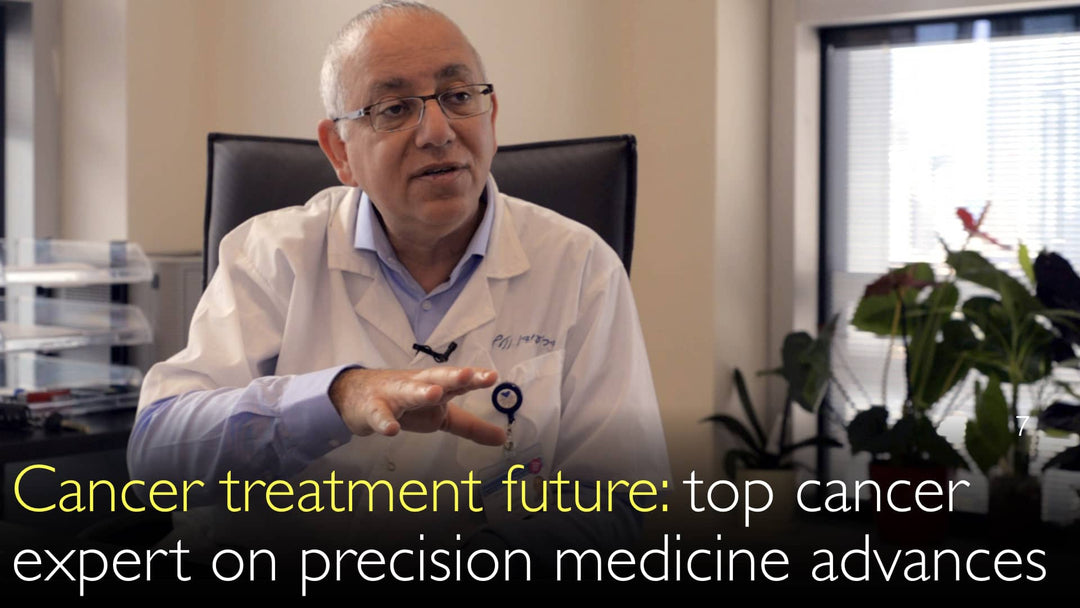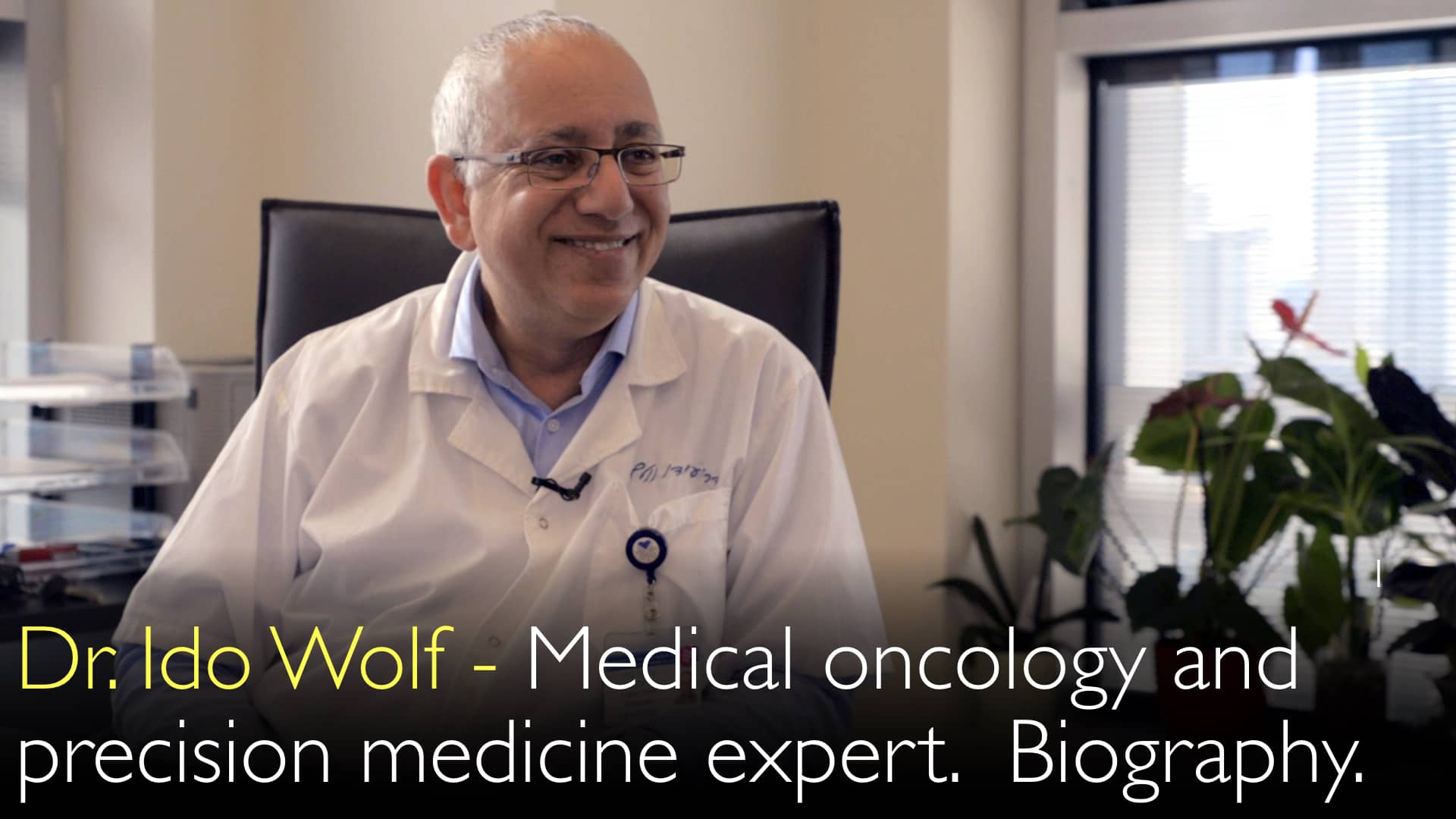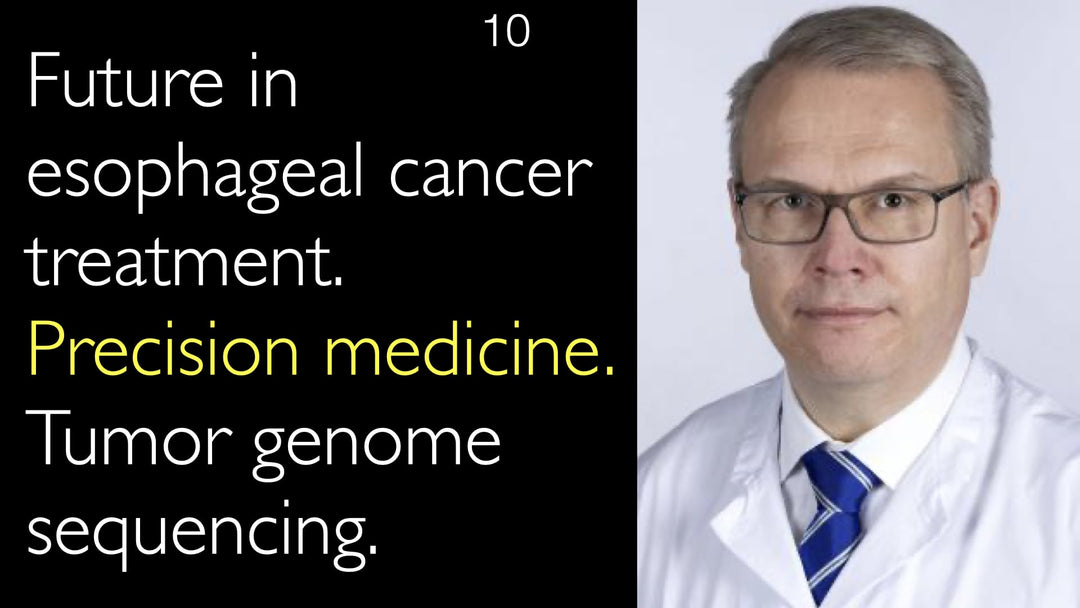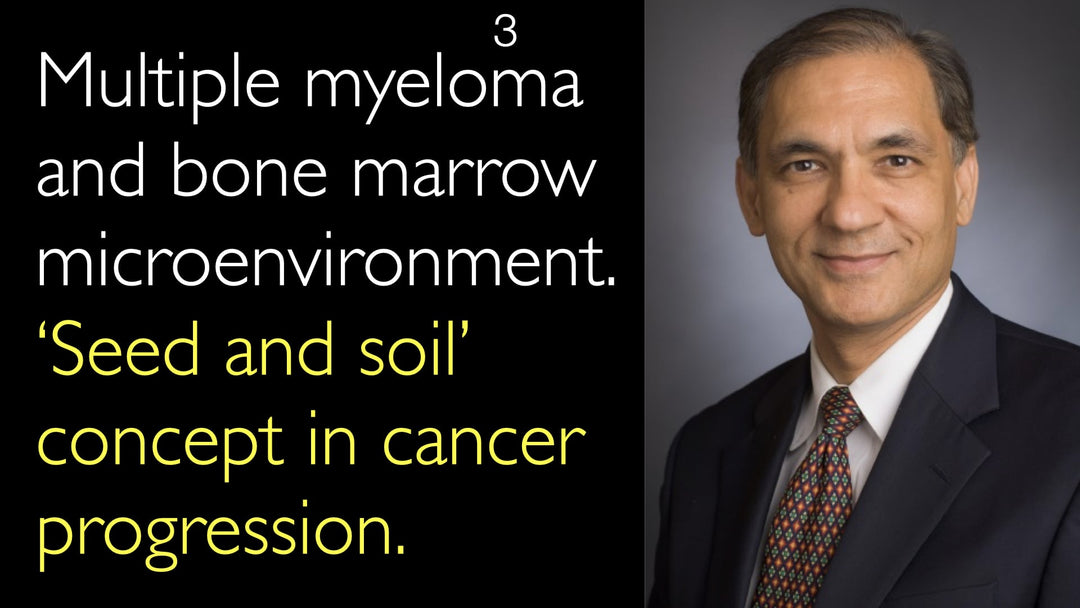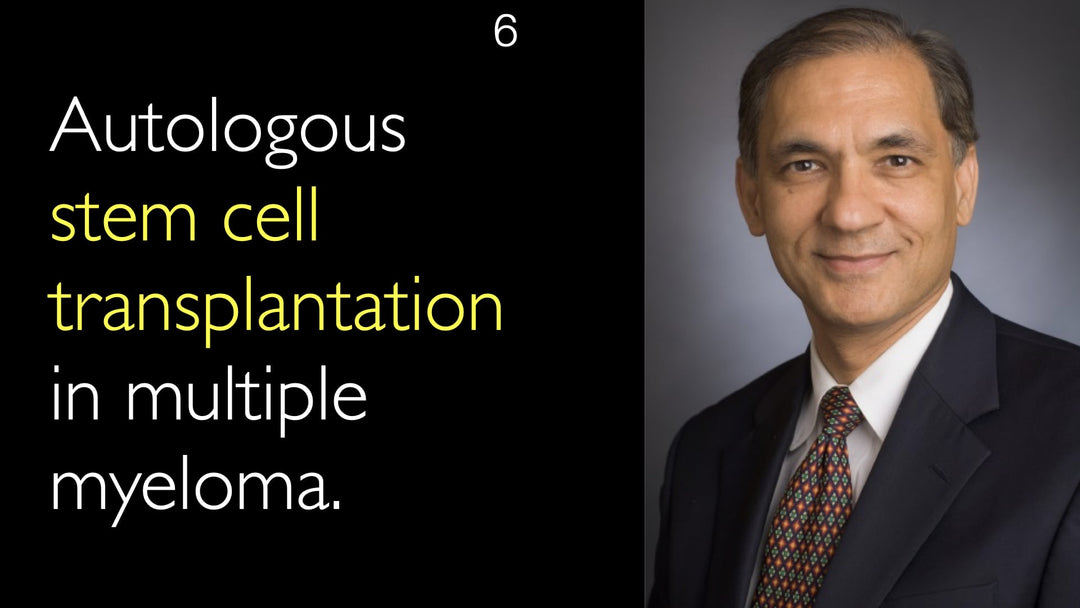O principal especialista em oncologia de precisão, Dr. Ido Wolf, MD, descreve o futuro do tratamento do câncer. Ele detalha uma transição da simples análise de DNA para o perfil multiômico, que integra dados de DNA, RNA, proteínas e metabolismo. O Dr. Wolf prevê uma compreensão profundamente personalizada do tumor específico de cada paciente, o que resultará em terapias oncológicas mais eficazes e direcionadas.
Perfil Multiômico: O Futuro do Tratamento Personalizado do Câncer
Navegar para a Seção
- Além da Genética: A Abordagem Multiômica
- Compreendendo a Complexidade e Heterogeneidade Tumoral
- Recomendações de Tratamento Oncológico Personalizado
- Avanços Esperados e Inesperados
- Desafios na Implementação Clínica
- Transcrição Completa
Além da Genética: A Abordagem Multiômica
O Dr. Ido Wolf, MD, enfatiza que o futuro da oncologia vai muito além da simples análise genética. Ele afirma que o sequenciamento de DNA, por si só, já não é suficiente para uma compreensão integral do câncer de um paciente. A próxima fronteira envolve integrar múltiplas camadas de dados biológicos, uma área conhecida como multiômica.
Essa abordagem abrangente inclui a transcriptômica (análise de RNA), a proteômica (análise de níveis proteicos) e a metabolômica (estudo das vias metabólicas). O Dr. Ido Wolf, MD, explica que, ao combinar esses exames complexos, os oncologistas podem chegar a uma conclusão mais precisa sobre o melhor tratamento para cada indivíduo.
Compreendendo a Complexidade e Heterogeneidade Tumoral
Um insight crucial para o futuro do cuidado oncológico é reconhecer a natureza intrincada de um único tumor. O Dr. Ido Wolf, MD, ressalta que um tumor não é uma massa uniforme. Ele abriga um ecossistema complexo de células que podem evoluir de maneiras distintas, mesmo dentro do mesmo paciente.
Isso significa que a análise deve ir além do sítio tumoral primário. O Dr. Ido Wolf, MD, destaca a importância de examinar também as mutações genéticas presentes em diversos tumores metastáticos. Esse nível de análise oferece uma visão holística do comportamento e da evolução do câncer, o que é essencial para uma intervenção eficaz.
Recomendações de Tratamento Oncológico Personalizado
O objetivo final do perfil multiômico é proporcionar uma terapia oncológica verdadeiramente personalizada. O Dr. Ido Wolf, MD, descreve um futuro em que o tratamento se baseia em uma compreensão profunda do tumor específico de cada paciente, indo além da genética do câncer em si.
O Dr. Wolf aponta que a genética do próprio paciente também terá um papel cada vez maior na personalização do tratamento. Ao sintetizar dados de DNA, RNA, proteínas e metabólitos, os oncologistas poderão recomendar as estratégias terapêuticas mais eficazes e menos tóxicas com muito mais precisão.
Avanços Esperados e Inesperados
Avanços recentes, como a imunoterapia e a terapia-alvo, já transformaram a oncologia. O Dr. Ido Wolf, MD, prevê que os próximos 5 a 10 anos trarão progressos ainda mais dramáticos. Ele espera que a integração de dados multiômicos seja um grande avanço esperado, refinando os tratamentos existentes.
O Dr. Wolf também menciona possíveis descobertas inesperadas que podem surgir dessa investigação biológica mais aprofundada. À medida que pesquisadores e clínicos, como o Dr. Anton Titov, MD, mergulham nesses dados complexos, é provável que identifiquem novas vulnerabilidades do câncer e alvos terapêuticos ainda não evidentes.
Desafios na Implementação Clínica
O Dr. Ido Wolf, MD, é franco sobre os desafios que estão por vir. Ele observa que realizar esses cálculos intrincados com os dados tumorais de um único paciente será "bastante complicado". O volume e a complexidade dos dados multiômicos exigem ferramentas computacionais sofisticadas e expertise em bioinformática.
A transição dessas técnicas avançadas dos laboratórios de pesquisa para a prática clínica rotineira é um obstáculo significativo. No entanto, a visão do Dr. Wolf, compartilhada com entrevistadores como o Dr. Anton Titov, MD, é que esse trabalho complexo é essencial. É o que a comunidade médica precisa fazer para continuar melhorando os resultados dos pacientes com câncer.
Transcrição Completa
Dr. Anton Titov, MD: O que o futuro reserva para o tratamento do câncer? Quais novos insights serão traduzidos em tratamentos tumorais bem-sucedidos? Um oncologista líder compartilha sua visão sobre o tratamento do câncer com medicina de precisão.
A última pergunta é muito importante. Você dedicou toda a sua vida profissional à pesquisa oncológica. Você atende milhares de pacientes. Onde você vê o futuro da oncologia clínica nos próximos 5 a 10 anos?
Que tipo de avanços na terapia oncológica seriam esperados? Quais avanços podem ser inesperados para os pacientes com câncer na próxima década?
Tivemos avanços maravilhosos no tratamento do câncer recentemente, como a imunoterapia e algumas terapias-alvo. Agora, estamos a caminho de compreender muito melhor os tumores.
No passado, olhávamos apenas para a análise simples de DNA. Dentro de alguns anos, estaremos analisando não apenas o DNA, mas uma combinação de DNA, RNA e talvez proteínas. Tentaremos obter uma compreensão muito mais aprofundada do tumor.
Estamos desenvolvendo a compreensão de que não basta olhar apenas para o sítio tumoral primário específico. Precisamos identificar mutações genéticas em vários tumores metastáticos. Será bastante complicado realizar todos esses cálculos para o tumor de um único paciente.
Mas é isso que teremos que fazer para obter uma compreensão profunda do tumor específico de cada paciente. Ao fazer isso, poderemos recomendar o melhor tratamento oncológico, estudando a genética do tumor e a genética do paciente.
Muito mais do que genética?
Dr. Ido Wolf, MD: Não apenas genética, mas também o que chamamos de transcriptômica, que se refere ao RNA; a proteômica, que analisa os níveis proteicos; e a metabolômica, que estuda os níveis metabólicos.
Sabemos que o DNA não é suficiente. Teremos que combinar todos esses exames complexos para chegar a uma conclusão sobre o tratamento do câncer.
Dr. Anton Titov, MD: Professor Wolf, muito obrigado! Muito interessante! Obrigado!
Dr. Ido Wolf, MD: De nada!


